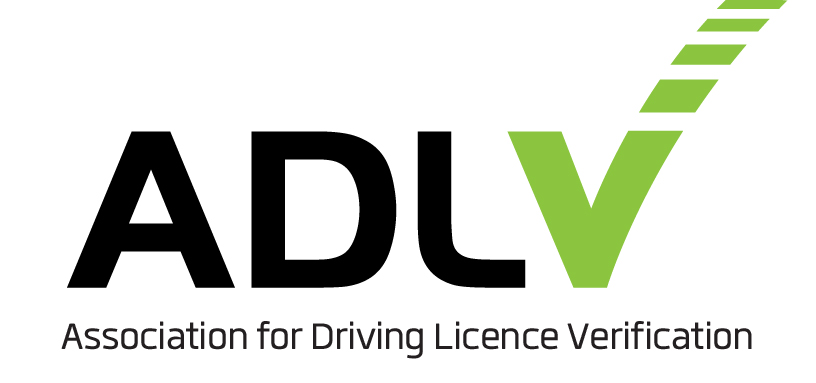

| Online: | |
| Visits: | |
| Stories: |
ADLV & Fleets Welcome DVA’s Review Of Online Driving Licence Data System For Northern Ireland
The Association For Driving Licence Verification (www.ADLV.co.uk) has welcomed moves by Northern Ireland’s DVA (Driver & Vehicle Agency) to conduct a review of its upcoming online licence verification service to ensure best-practice. The decision to initiate the review followed an approach by the ADLV which represents the licence checking needs of the UK fleet industry.
 Currently, the processes adopted and developed by the DVA are designed to provide a licence verification service to third parties. As part of a recent Transformation Programme by the DVA, initial steps were taken to implement a new Driver Licensing IT system. This would roll out a range of service enhancements including, in later phases, the new online licence checking system. The proposed online system would in many ways be similar to the electronic version of DVLA data currently offers through ADLV members. However, until the new system goes live, the DVA will continue to rely upon its current paper-based mandate system.
Currently, the processes adopted and developed by the DVA are designed to provide a licence verification service to third parties. As part of a recent Transformation Programme by the DVA, initial steps were taken to implement a new Driver Licensing IT system. This would roll out a range of service enhancements including, in later phases, the new online licence checking system. The proposed online system would in many ways be similar to the electronic version of DVLA data currently offers through ADLV members. However, until the new system goes live, the DVA will continue to rely upon its current paper-based mandate system.
 Keen to add electronic NI data to their existing DVLA data files, the ADLV sought to ensure that accessing the upcoming online data file is fully streamlined and free from any unnecessary administrative hurdles. The Initial discussions between the DVA and ADLV have focused positively on how possible it might be to replicate the system used by the DVLA, albeit there is a recognition that this could vary given the differences in scale between the two operations.
Keen to add electronic NI data to their existing DVLA data files, the ADLV sought to ensure that accessing the upcoming online data file is fully streamlined and free from any unnecessary administrative hurdles. The Initial discussions between the DVA and ADLV have focused positively on how possible it might be to replicate the system used by the DVLA, albeit there is a recognition that this could vary given the differences in scale between the two operations.
Chris Thornton Sales Director of ADLV member, AA DriveTech (www.drivetech.co.uk) welcomed the move saying, “We are very heartened that the DVA has been receptive to the checking industry’s concerns and are to review the upcoming system against best-practice criteria. We fully appreciate the challenges that the DVA’s current, manual service creates in terms of resourcing and scalability and are keen to support then with the implementation of a new electronic offering.
“By creating a service similar to the DVLA’s this would significantly reduce the DVA’s operational costs and more importantly improve both access and checking frequency for fleets. In addition, by supporting more frequent online checks, it will also make a valuable contribution to road safety.”



